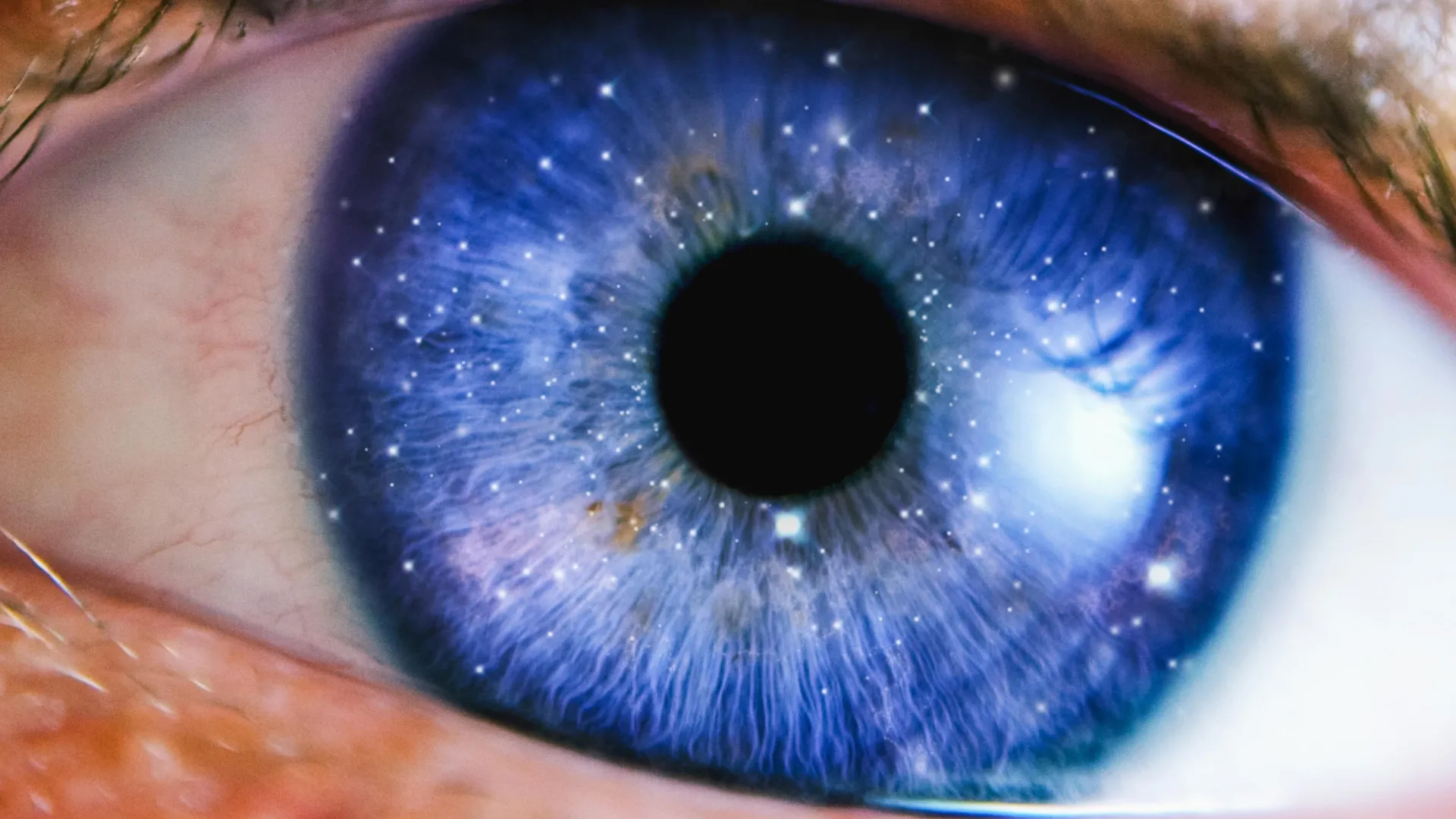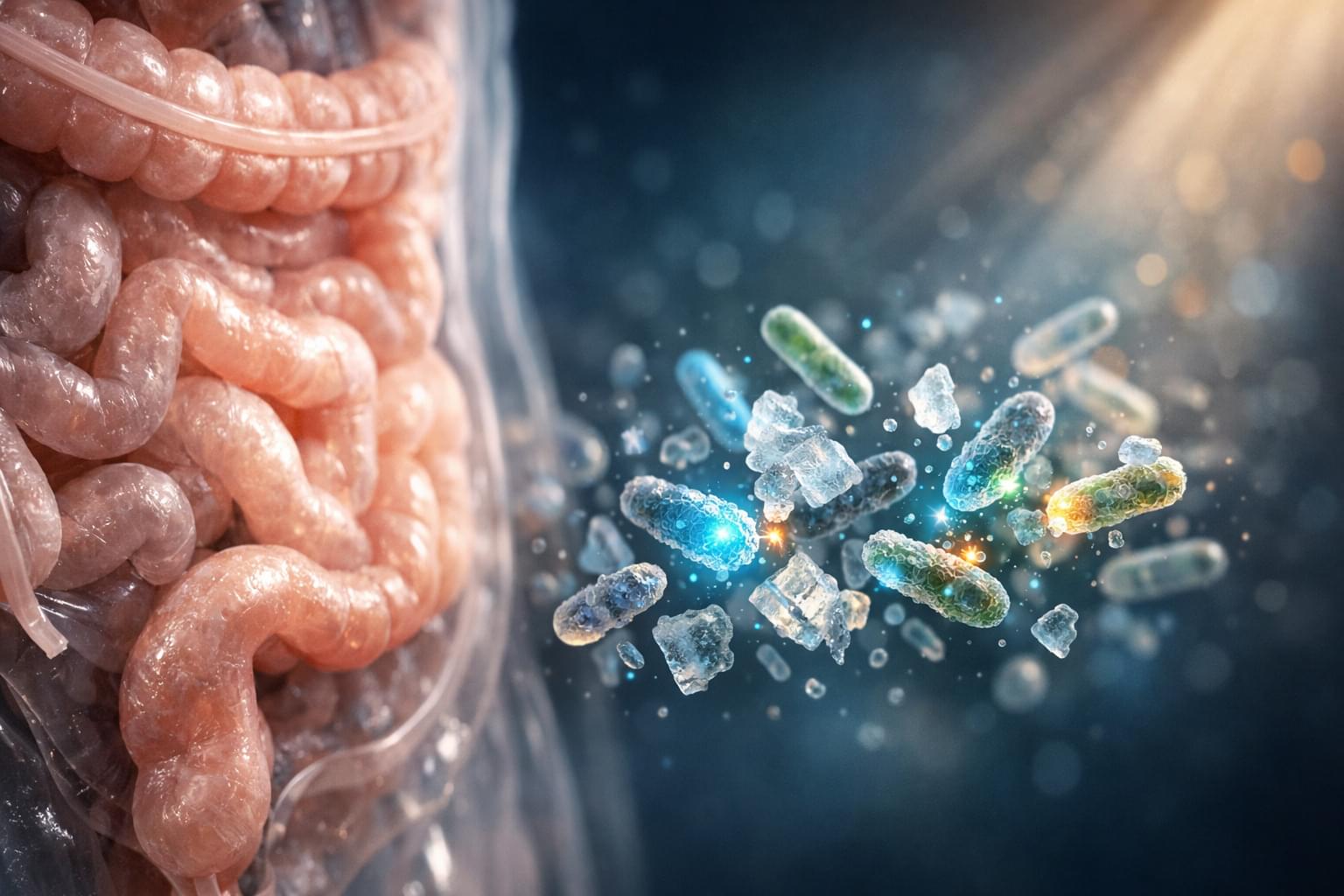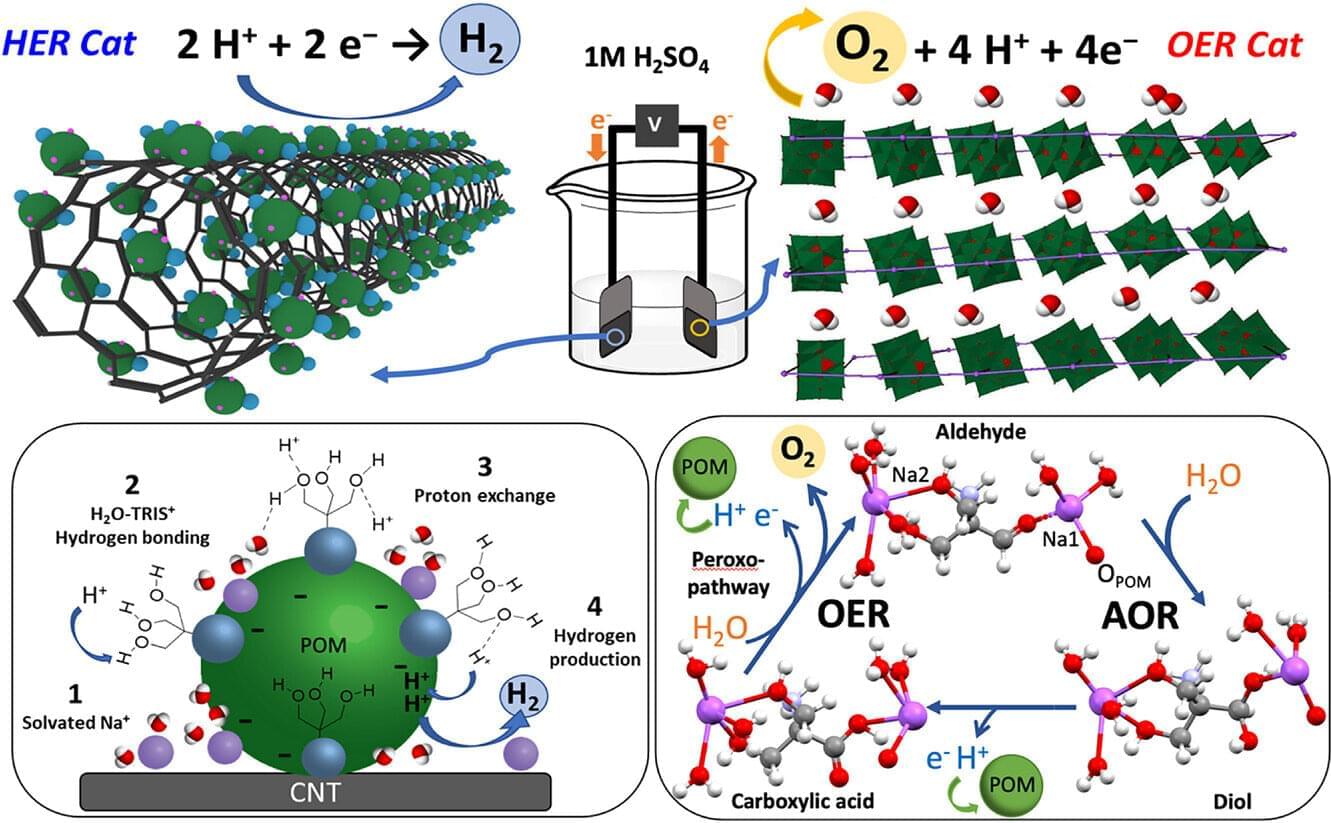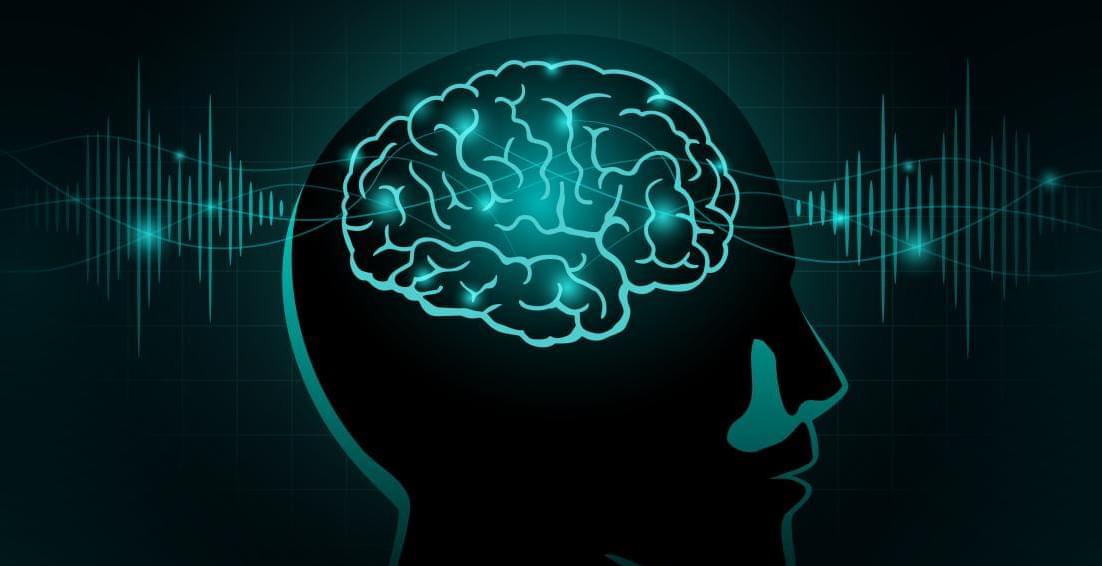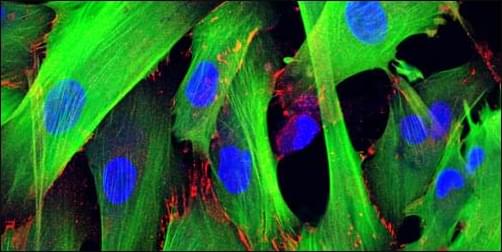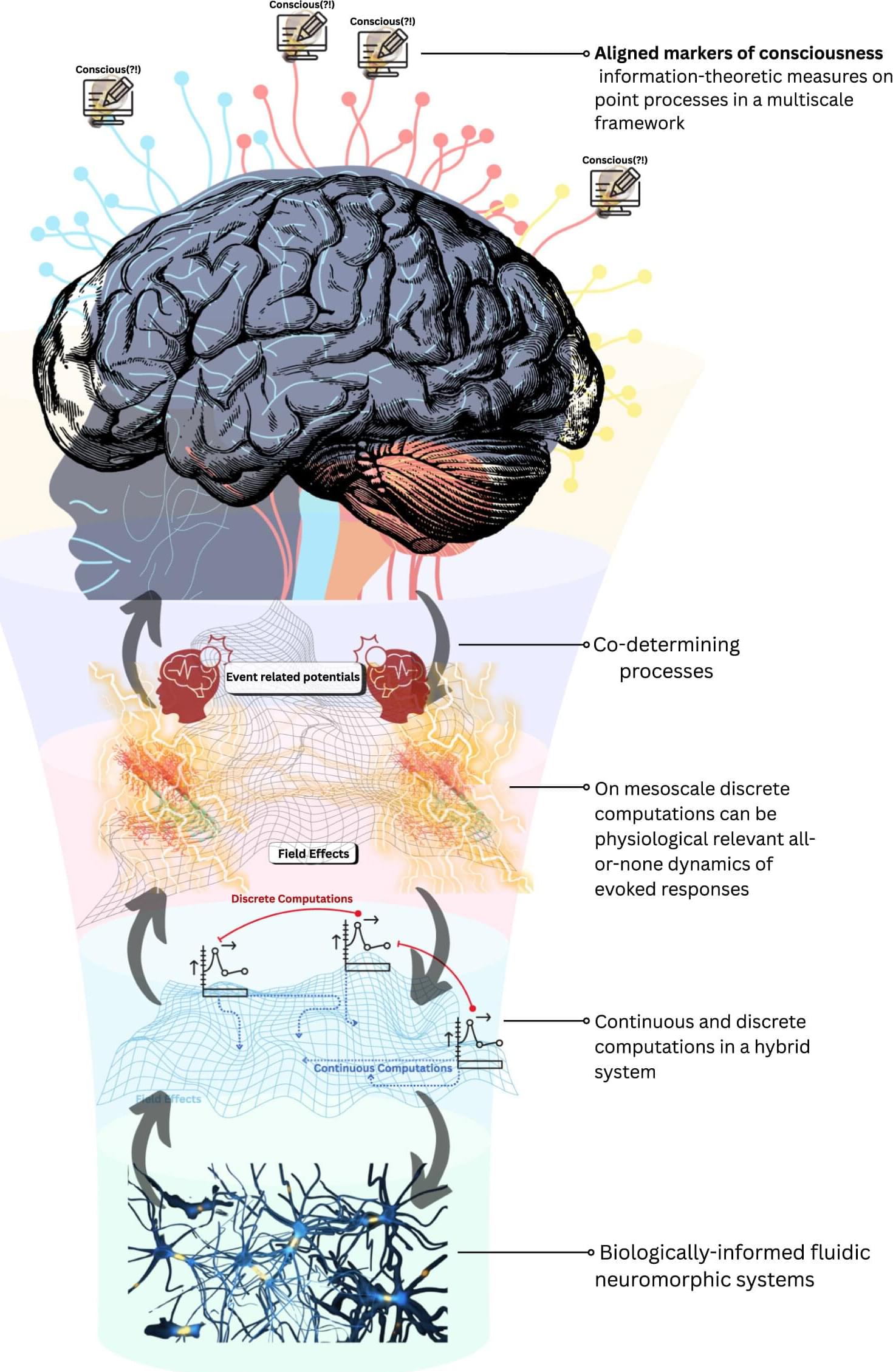Professor John Donoghue explains why quantum physics and gravity actually work perfectly together. He tackles quadratic gravity, effective field theory, and random dynamics, arguing that grand unification and naturalness aren’t required for a theory of everything.
As a listener of TOE you can get a special 20% off discount to The Economist and all it has to offer! Visit https://www.economist.com/toe.
SUPPORT:
Support me on Substack: https://curtjaimungal.substack.com/su…
JOIN MY SUBSTACK (Personal Writings): https://curtjaimungal.substack.com LISTEN ON SPOTIFY: https://open.spotify.com/show/4gL14b9… TIMESTAMPS:
- 00:00:00 — Limits of Quantum Mechanics
- 00:06:35 — Effective Field Theory
- 00:12:24 — Gravity: Geometry or Force?
- 00:18:46 — QFT and Gravity Tension
- 00:24:59 — Quadratic Gravity Theory
- 00:34:16 — Dueling Arrows of Causality
- 00:41:57 — Random Dynamics and Anti-Unification
- 00:48:13 — The Naturalness Problem
- 00:53:40 — Questioning Hidden Assumptions
LINKS MENTIONED:
- John’s lectures:
/ @johndonoghue469
- John’s papers: https://arxiv.org/a/donoghue_j_1.html
- The Renormalization Group and Critical Phenomena [Paper]: https://www.nobelprize.org/uploads/20…
- Anthropic Considerations in Multiple-Domain Theories [Paper]: https://journals.aps.org/prl/abstract…
- Old “Ghost” Theory of Quantum Gravity Makes a Comeback [Article]: https://www.quantamagazine.org/old-gh…
- Unitarity, Stability and Loops of Unstable Ghosts [Paper]: https://arxiv.org/pdf/1908.02416
- An Effective Field Theory of Gravity for Extended Objects [Paper]: https://arxiv.org/abs/hep-th/0409156
- Not Quite a Black Hole [Paper]: https://arxiv.org/pdf/1612.04889
- On Quadratic Gravity [Paper]: https://arxiv.org/pdf/2112.01974
- Quadratic Gravity [Paper]: https://arxiv.org/pdf/1804.09944
- Renormalization of Higher Derivative Quantum Gravity [Paper]: http://www.weylmann.com/stelle.pdf
- Quantum Theory in a Nutshell [Book]: https://www.amazon.com/Quantum-Field-?tag=lifeboatfound-20…
- Field Theory: A Modern Primer [Book]: https://www.amazon.com/Field-Theory-M?tag=lifeboatfound-20…
- Origin of Symmetries [Book]: https://amzn.to/4qxnLzj
- String Theory Iceberg [TOE]:
• The Mathematics of String Theory [Graduate…
- Neil Turok [TOE]:
• The Most Astonishing Theory of Black Holes…
- Avshalom Elitzur [TOE]:
• The Universe Writes Itself Into Existence…
- Sir Roger Penrose [TOE]:
• Roger Penrose: The Big Bang Was Not The Be…
- Ted Jacobson [TOE]:
• The Physicist Who Proved Entropy = Gravity
- Leonard Susskind [TOE]:
• The Crisis in String Theory is Worse Than…
- Jonathan Oppenheim [TOE]:
• Jonathan Oppenheim: Quantum Gravity, Feynm…
- Peter Woit [TOE]:
• The Forgotten Geometry: A New Path to Unif…
- Joseph Conlon & Peter Woit [TOE]:
• String Theory’s Biggest Critic Debates Str…
- Michael Levin [TOE]:
• Michael Levin: Consciousness, Biology, Uni…
SOCIALS:
- Twitter:
/ toewithcurt
- Discord Invite:
/ discord
Guests do not pay to appear. Theories of Everything receives revenue solely from viewer donations, platform ads, and clearly labelled sponsors; no guest or associated entity has ever given compensation, directly or through intermediaries. #science.
Support me on Crypto: https://commerce.coinbase.com/checkou…
Support me on PayPal: https://www.paypal.com/donate?hosted_…
JOIN MY SUBSTACK (Personal Writings): https://curtjaimungal.substack.com.
LISTEN ON SPOTIFY: https://open.spotify.com/show/4gL14b9…
TIMESTAMPS:
